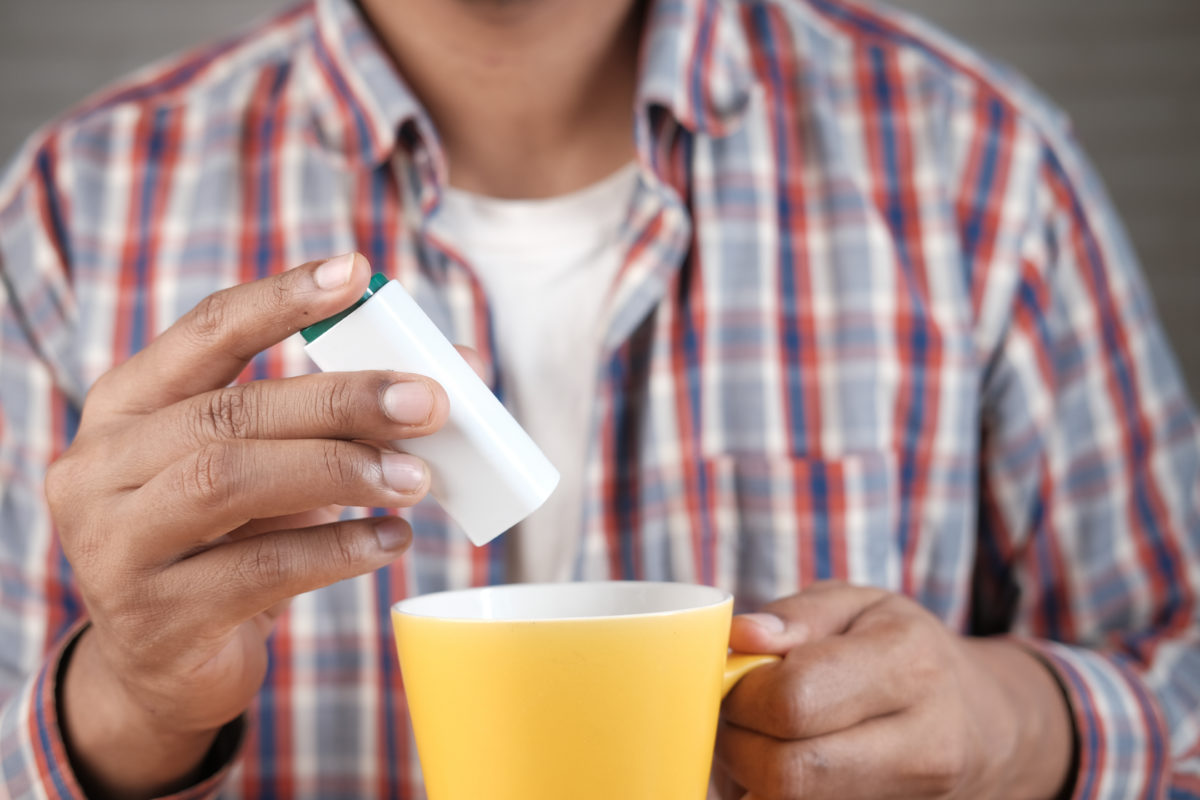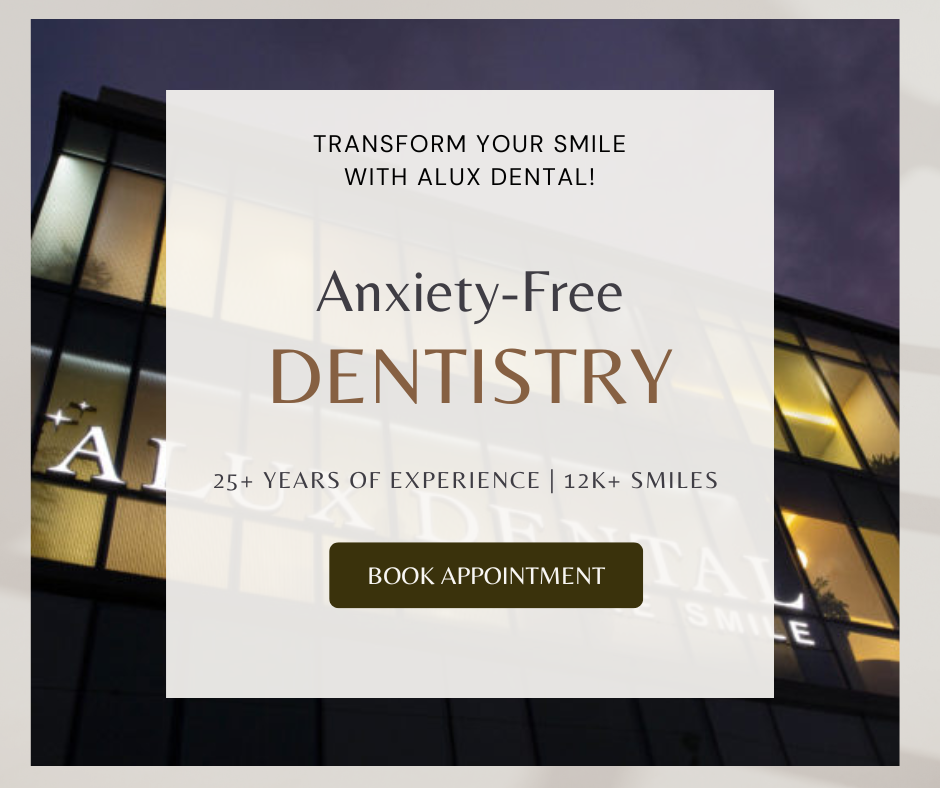Are Artificial Sweeteners Detrimental to Your Teeth? | Alux Dental

If you had ever pondered if artificial sweeteners are harmful to your teeth? Admittedly, sugar is delicious, but it is also an extremely harmful substance, compared with your dental health.
This is since sugar serves as a food supply for the microorganisms that cause dental cavities. When these bacteria eat sugar, they generate acidic garbage that impedes the enamel and increases their chances of reproduction.
- This increases the bacterial population, causing extensive damage to the surface of the tooth.
- Over time, damaged enamel can disintegrate and excess germs can cause gum disease.
Sugar is no longer the sole component used to enhance foods and beverages. Artificial sweeteners have completely replaced sugar in numerous meals and beverages.
Artificial Sweeteners – In Depth
Artificial sweeteners and other sugar replacements can be found in a range of “diet-conscious” foods and beverages, including soft drinks and baked goods. What exactly are all of these sweeteners? And what part do they play in your diet?
- Sugar substitutes are sweeteners that are used in place of table sugar (sucrose).
- Sugar substitutes come in a variety of forms, including artificial sweeteners.
The subject of sugar replacements might be perplexing. One issue is that language is sometimes susceptible to interpretation.
Some manufacturers label their sweeteners as “natural,” even though they are processed or refined. One example is stevia preparations. Furthermore, some artificial sweeteners are created from naturally occurring chemicals, such as sucralose, which is derived from sugar.
- Sweeteners that are artificial Synthetic sugar replacements are artificial sweeteners.
- They can, however, be produced by naturally existing chemicals such as crops or sucrose.
Because they are several times sweeter than sugar, artificial sweeteners are sometimes known as strong sweeteners.
Artificial sweeteners can be appealing sugar substitutes since they contribute almost no calories to your diet. In addition, you only need a fraction of the amount of artificial sweetener related to the volume of sugar you would typically need for sweetness.
Are Sugar Substitutes Harmful to My Dental Hygiene?
Let us just examine how artificial sweeteners affect your dental health now since we know the whereabouts, especially the types of foods they are used in. Microorganisms cannot utilize artificial sweeteners as a feed ingredient to produce acidic byproducts.
This ultimately results in the non-transformation of acid waste products, which is beneficial to dental enamel.
- Xylitol, a very prevalent artificial sweetener has also been discovered to benefit your dental health by lowering your risk of tooth decay.
- This is since xylitol is a popular component in sugarless chewing gum that stimulates saliva production.
Chewing sugarless gum after meals assists to purge the mouth of bits of food and neutralize the acids generated by bacteria. Both of these factors contribute to a lower incidence of tooth decay.
- Artificial sweeteners, on the other hand, are not wholly beneficial to your mouth health.
- In reality, they contain one major defect that is extremely harmful to your tooth enamel.
- Regrettably, several artificial sweeteners are used in conjunction with other acids to enhance their flavor.
This is particularly true for meals and beverages with fruit and citrus flavors. Although the sweetener alone may not harm your tooth structure, the variety of citric, phosphoric, or tartaric acid with which it is frequently combined might.
As a result, artificial sweeteners, like sugar, should be used in moderation. It is also suggested that you exercise good dental hygiene regularly to prevent the adverse impacts of artificial sweeteners on your teeth.

